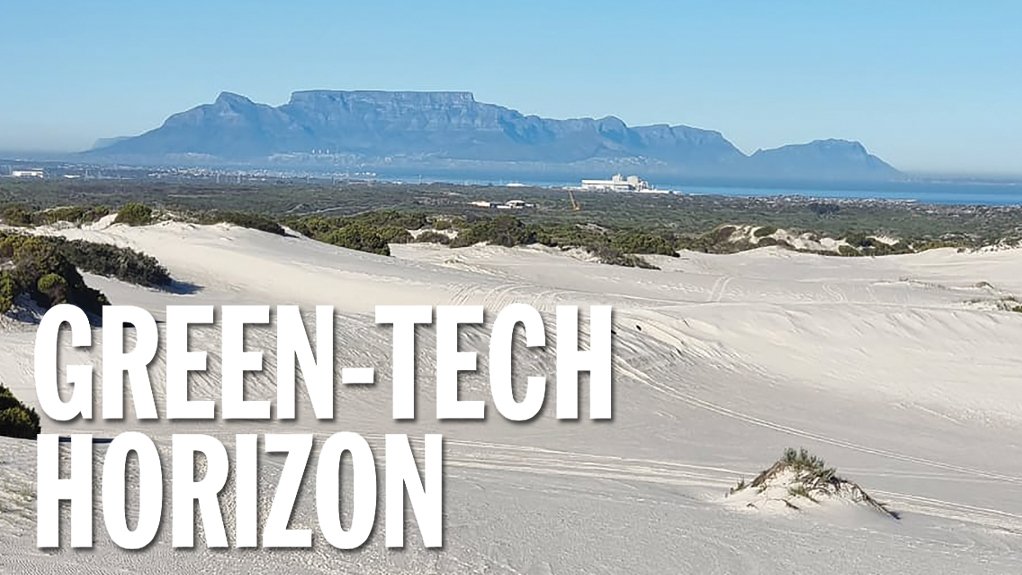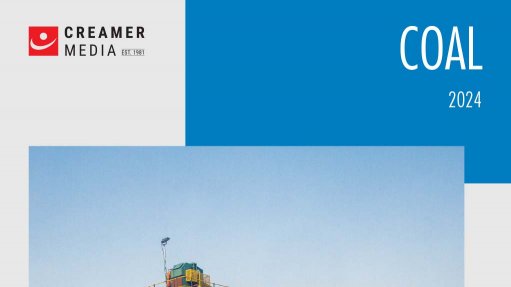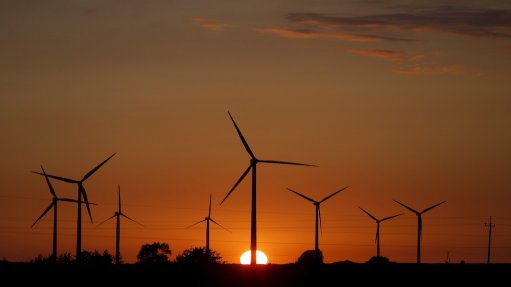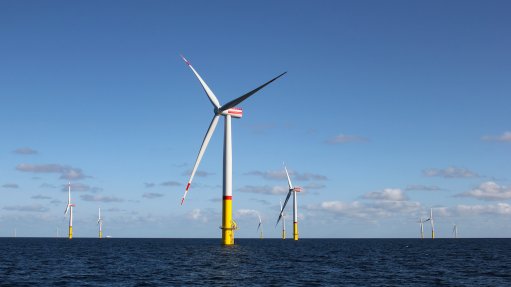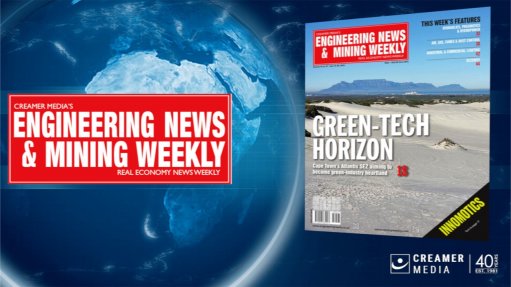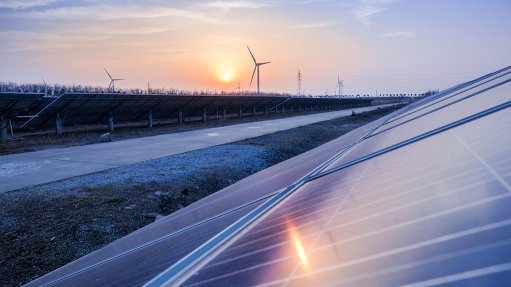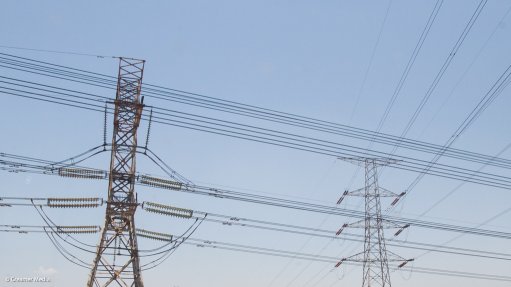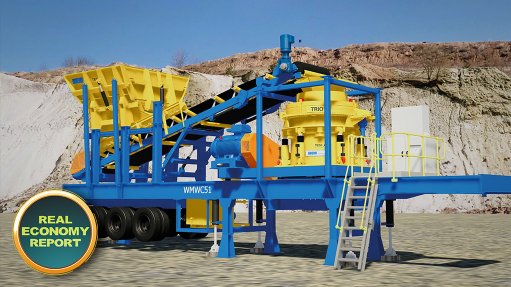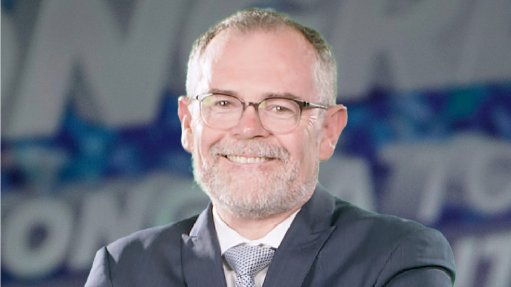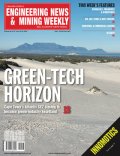Cape Town’s Atlantis SEZ aiming to become green-industry heartland
This month, July, will see the Greentech-focused Atlantis Special Economic Zone (ASEZ) mark two milestones, namely the breaking of ground for the first new factory to be built there, and the start of refurbishment of the site’s one pre-existing factory (which is owned by the ASEZ company). Civil infrastructure development started last year, while the project was launched in 2021. Since then, R790-million has been invested in the initiative.
Africa’s first Greentech SEZ, the ASEZ is a partnership between the City of Cape Town, the provincial government of the Western Cape, and the national government’s Department of Trade, Industry and Competition (dtic). The ASEZ itself partners with city, provincial and national investment promotion agencies such as Invest Cape Town, Wesgro, and Invest SA.
“We fully expect the ASEZ to play a key role in contributing to the Western Cape’s ‘Growth for Jobs’ strategy,” states Western Cape Agriculture, Economic Development and Tourism Member of the Executive Council Ivan Meyer. “With its focus on growing investment and promoting exports, underpinned by renewable energy provision and water efficient operations, it will underpin our green economy ambitions with associated jobs.”
“The ASEZ forms a large part of the City of Cape Town’s plans for a green economy,” highlights Cape Town Mayoral Committee Member for Economic Growth Alderman James Vos, talking to Engineering News & Mining Weekly. “It supports the manufacturing sector to become suppliers and component manufacturers for the renewable-energy sector (wind towers, solar PV panels, battery storage, thermal insulation materials, etc).”
Cape Town defines the green economy as “expanded economic opportunities through the provision of goods and services and the use of production processes that are more resource efficient, enhance environmental resilience, optimise the use of natural assets and promote social inclusivity”.
The total ASEZ site covers an area of 118 ha, of which 94 ha is being provided by the city, while 24.6 ha is privately owned land, which was designated for inclusion in the SEZ, from the very conception of the project. The total area is subdivided into four zones, which will be developed sequentially. Zone 1 covers 22 ha, Zone 2 has an area of 33 ha, Zone 3 totals 39 ha, and Zone 4 is assigned 0.7 ha. Civil infrastructure development started in Zone 1 in May last year and is now 65% complete. This construction work has so far created 225 direct jobs. Completion of all the civils work for all four zones is expected during the 2027/28 financial year.
“The ASEZ is governed by an independent board,” points out Vos. “The City of Cape Town nominates a representative to sit on the board. The board develops the ASEZ strategy. All operational funding is provided by the Western Cape government. Some capital funding is provided by the dtic’s SEZ fund. The City of Cape Town provides a range of direct and indirect supporting incentives and support services. The ASEZ team works closely with the City of Cape Town Investment Facilitation Unit (Business Retention and Expansion Unit).”
The dtic SEZ Fund has so far approved R115-million in funding for the ASEZ, to help finance the civils work.
Totally Green
“The ASEZ is an innovative industrial development targeting the green technology and agribusiness sectors, aligning with the region’s economic strengths,” elucidates ASEZ CEO Matthew Cullinan to Engineering News & Mining Weekly. “ASEZ promotes green products and sustainable manufacturing practices, fostering renewable energy and agri-processing clusters for a double environmental benefit. Additionally, the ASEZ prioritises skills, enterprise, and community development, creating opportunities for local communities and small businesses to acquire new skills related to the green economy. This comprehensive approach supports the transition to a greener economy and establishes the ASEZ as a prime location for sustainable industrial development. The ASEZ is an important anchor for the green economy in the Western Cape and is vital to the Western Cape’s and City of Cape Town’s objective of being Africa’s Greentech hub.”
The design of the ASEZ will minimise carbon dioxide emissions, reduce waste, and conserve water, while also stimulating economic inclusion for the local community. With its focus on the environmental and social facets of manufacturing, the aim is for it to be a “living lab” that will demonstrate that development can be low carbon and resource efficient. For example, in partnership with the dtic’s Energy Sustainability Working Group, the ASEZ is aiming to have at least 40% of the rooftops across its site covered with solar PV panels, plus an on-site modular wind turbine pilot plant (both backed up by battery storage), to both ensure energy security and energy decarbonisation at the site.
“The ASEZ has a Greentech taxonomy which provides a guide for targeted sectors for investment attraction and prospective tenants,” explains Cullinan. “The ASEZ targets investments from businesses in the renewable energy, energy storage, agri- processing, recycling, e-mobility, and advanced materials and packaging sectors. The aim is to manufacture components for all these Greentech niches. Also, the ASEZ and our partner Saldanha Bay are noted as important industrial clusters in both the South African Renewable Energy Masterplan and the Green Hydrogen Commercialisation Plan. But biofuels do not fall within the targeted sectors we are focusing on.”
Green Growth
Each zone of the ASEZ will be registered as a single plot and not formally subdivided into smaller plots. This is to streamline both the allocation of “stands” within the zone, and the management of the utilities for those stands. The current conception is that the entire ASEZ will ultimately host 67 stands, but that number could be increased or decreased because the ASEZ can change the size of stands, to accommodate the differing needs of investors.
Zone 1 has been subdivided into eleven stands, of which seven have already been taken by investors. Six of these investors are local, while the seventh is international. The international investor is an Italian e-waste recycling company with capabilities of recycling LiFePO4 battery packs, solar panels and other more traditional forms of e-waste into high value, refined precious metals for use in luxury goods manufacturing. These projects have a combined total value of R2-billion and will likely create more than 500 jobs. Legacy investment, of R2.4-billion, into the 24.6 ha of privately owned land being incorporated into the ASEZ, has already created more than 800 direct jobs.
However, there are 26 more investors interested in setting up operations at the ASEZ. They cover Greentech sectors such as e-waste recycling, lithium battery cell manufacturing, solar panel assembly, and transmission infrastructure. In total, these projects could result in investments of R16-billion and create 2 500 direct jobs.
Potential investors have also expressed “keen interest” in establishing utility-scale solar energy or battery storage projects at ASEZ. But, while investment in renewable energy is essential for the ASEZ to achieve its Greentech ambitions, it does not narrowly focus on solar PV option. The ASEZ’s vision encompasses pretty much all forms of renewable energy.
“The tenant pipeline indicates a good balance or prospective international and local investors with the ASEZ able to attract interest from established business in the Western Cape to multinationals and original equipment manufacturers from Italy, Austria and China,” he reports. “The diverse range of investors showcases that both the local and international investors view the ASEZ and the Western Cape as the place where Greentech grows. In today’s world of fierce competition and demanding customers, the ASEZ offers a real value for money investment destination with great road and port infrastructure, a strong industrial skills base, all underpinned by a world-class infrastructure system that supports 24/7 operations.”
The ASEZ is not only focused on attracting investors to itself. It is also seeking to develop both local and international partnerships to develop the green economy in the whole of the country. For example, it is running a green energy battery storage pilot project, with multinational non-profit energy decarbonisation group, the Long Duration Energy Storage Council, to advance decarbonisation and energy security in industrial parks. And the abovementioned modular wind turbine is another pilot project, being run in collaboration with German wind turbine company LuvSide. Again, this is aimed at industrial parks, to provide them with their own renewable-energy generation capacity.
Green Social Development
The ASEZ will also continue to create jobs, both directly and indirectly. These jobs will be spread along the entire Greentech value chain in the production of inputs, manufacturing, distribution, services and maintenance. And jobs will be stimulated within the Atlantis community, in the retail and other sectors, to meet the needs of those working at the ASEZ.
“The growth of the ASEZ will result in the growth of skills development and employment opportunities in Cape Town,” assures Cullinan. “ASEZ prioritises local community development through skills enhancement, entrepreneurship support, and supplier development initiatives, fostering a more inclusive and equitable business environment.”
To these ends, the ASEZ’s Integrated Ecosystems Services team is, for example, championing two main programmes – the STEAM project and the IRM project.
STEAM stands for Science, Technology, Engineering, Arts and Mathematics, and the project serves to improve academic progress in these disciplines among students in the Atlantis, Pella and Mamre communities. The aim is to ensure sustainability in the long term by inculcating in today’s students the skills necessary for them to be tomorrow’s decarbonisation and green industrialisation champions.
IRM is the abbreviation for Install, Maintenance, Repair. This project is run in cooperation with the National Business Initiative and the Lesedi Skills Academy (itself an initiative of Lesedi Nuclear Services), which is located in Atlantis. It aims to upskill residents of, and enterprises based in, Atlantis with the technical skills to maintain electrical infrastructure, to support the Just Energy Transition (from high carbon-emitting to low carbon-emitting energy sources).
These programmes have supported 700 people so far, and have developed 220 new skills for the community.
“The ASEZ drives investment and job creation in green technology, aligning with South Africa’s socioeconomic trends and the Just Energy Transition,” concludes Cullinan. “It has a vital role to play in developing the green economy.”
Comments
Press Office
Announcements
What's On
Subscribe to improve your user experience...
Option 1 (equivalent of R125 a month):
Receive a weekly copy of Creamer Media's Engineering News & Mining Weekly magazine
(print copy for those in South Africa and e-magazine for those outside of South Africa)
Receive daily email newsletters
Access to full search results
Access archive of magazine back copies
Access to Projects in Progress
Access to ONE Research Report of your choice in PDF format
Option 2 (equivalent of R375 a month):
All benefits from Option 1
PLUS
Access to Creamer Media's Research Channel Africa for ALL Research Reports, in PDF format, on various industrial and mining sectors
including Electricity; Water; Energy Transition; Hydrogen; Roads, Rail and Ports; Coal; Gold; Platinum; Battery Metals; etc.
Already a subscriber?
Forgotten your password?
Receive weekly copy of Creamer Media's Engineering News & Mining Weekly magazine (print copy for those in South Africa and e-magazine for those outside of South Africa)
➕
Recieve daily email newsletters
➕
Access to full search results
➕
Access archive of magazine back copies
➕
Access to Projects in Progress
➕
Access to ONE Research Report of your choice in PDF format
RESEARCH CHANNEL AFRICA
R4500 (equivalent of R375 a month)
SUBSCRIBEAll benefits from Option 1
➕
Access to Creamer Media's Research Channel Africa for ALL Research Reports on various industrial and mining sectors, in PDF format, including on:
Electricity
➕
Water
➕
Energy Transition
➕
Hydrogen
➕
Roads, Rail and Ports
➕
Coal
➕
Gold
➕
Platinum
➕
Battery Metals
➕
etc.
Receive all benefits from Option 1 or Option 2 delivered to numerous people at your company
➕
Multiple User names and Passwords for simultaneous log-ins
➕
Intranet integration access to all in your organisation



